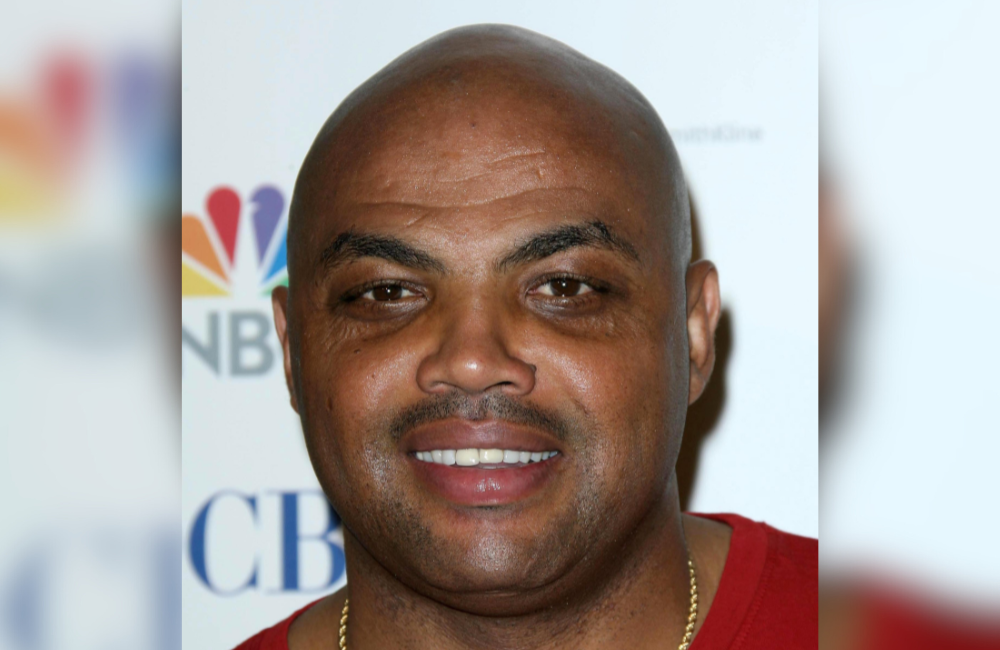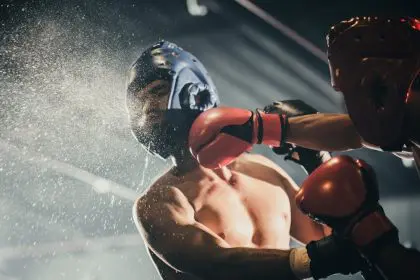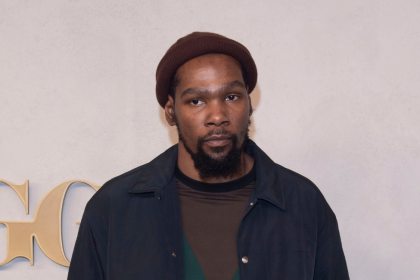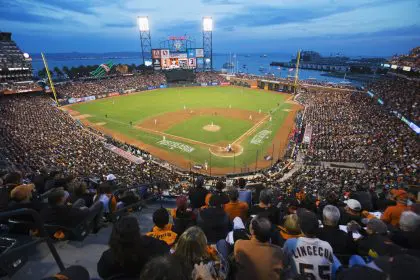The tension surrounding Dallas Mavericks general manager Nico Harrison continues to grow in the aftermath of the Luka Dončić trade. During a recent broadcast of Inside the NBA, Charles Barkley offered pointed commentary about Harrison’s ongoing media appearances regarding the polarizing decision.
The public criticism
Barkley, who maintains a personal relationship with Harrison, delivered his message with characteristic bluntness on national television. While acknowledging their friendship, the NBA Hall of Famer strongly advised Harrison to cease further public discussions about the trade. Barkley made it clear that in his opinion, Harrison had already lost the public relations battle surrounding the high-profile move and continuing to defend it would only worsen the situation.
The pointed comments from Barkley came directly after Harrison’s end-of-season press conference, where the Mavericks GM faced intense scrutiny about the decision to trade away the franchise cornerstone.

Harrison’s admission
During his recent press conference, Harrison acknowledged he had underestimated Dončić’s importance to the Mavericks fanbase. This admission came after experiencing significant backlash from fans who were deeply invested in the Slovenian superstar’s future with the organization. The GM found himself in the uncomfortable position of defending a move that has been overwhelmingly unpopular with the team’s supporters.
Fan outrage reaches boiling point
The depth of fan discontent became unmistakably clear during Dončić‘s return to Dallas with his new team. The American Airlines Center erupted with “Fire Nico” chants, creating an uncomfortable atmosphere that Harrison himself acknowledged had a profound impact. With approximately 20,000 fans expressing their dissatisfaction in unison, the message to management was impossible to ignore.
This vocal protest represents more than typical fan disappointment – it signals a fundamental disconnect between the front office’s vision and the emotional investment fans had made in Dončić as the franchise’s future.
The defensive strategy
Harrison has attempted to justify the controversial move by emphasizing the defensive improvements he hoped to achieve by acquiring Anthony Davis. The Mavericks GM pointed to Davis’s reputation as an elite two-way player in the league, suggesting that bolstering the team’s defensive capabilities was the primary motivation behind the decision to part ways with Dončić.
Harrison explained during his press conference that defense is what the team considers their calling card, attempting to shift the narrative toward the strategic reasoning that informed the trade rather than the emotional impact it had on the fanbase.
Injuries complicating the equation
The Mavericks’ ability to demonstrate the potential benefits of this controversial trade has been significantly hampered by injuries to key players. Both Anthony Davis and Kyrie Irving have missed substantial playing time, preventing the team from showcasing what Harrison envisioned when making the move. This unfortunate circumstance has only intensified scrutiny and criticism, as fans have yet to see any concrete evidence that the trade might eventually work in the team’s favor.
With incomplete data to evaluate the on-court impact of the trade, the conversation remains dominated by what was lost rather than what might be gained.
The path forward
As Dallas navigates the aftermath of this franchise-altering decision, rebuilding trust with the fanbase presents perhaps the greatest challenge. Barkley‘s advice for Harrison to step away from the media spotlight might indeed be the most prudent course of action in the short term, allowing tensions to cool while focusing on tangible improvements to the team’s performance.
The relationship between sports franchises and their supporters is built on a delicate balance of emotional investment and competitive success. For the Mavericks organization, restoring this balance will require not only improved on-court results but also a renewed understanding of the connection fans had formed with Dončić.
The coming months will be crucial for Harrison and the entire Mavericks management team as they attempt to chart a new course that can eventually win back the support of their passionate fanbase. Whatever strategy they pursue, it seems clear that the shadow of the Dončić trade will loom large over the franchise for years to come, serving as a reminder of the profound impact leadership decisions can have on a team’s relationship with its community.













